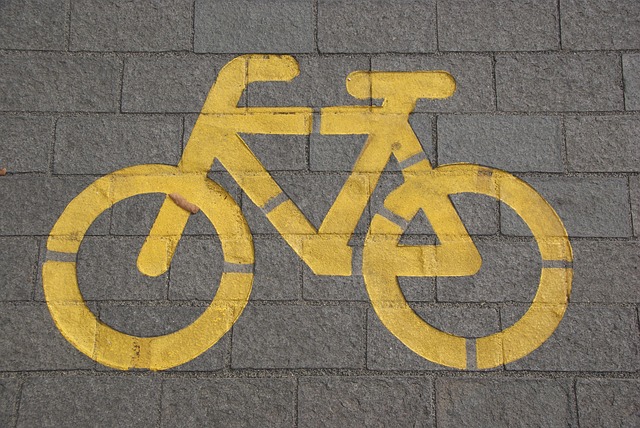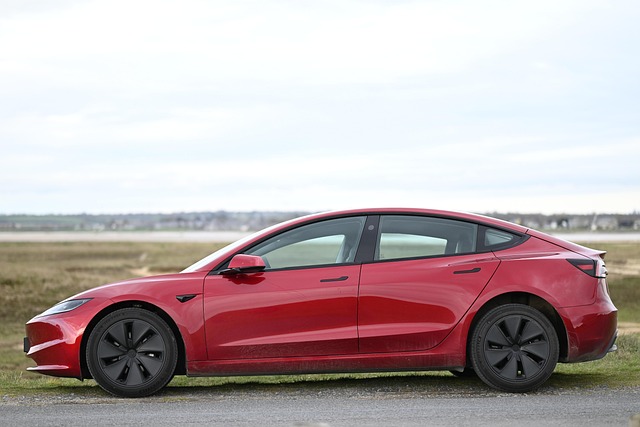In recent years, the world has been increasingly aware of the urgent need for sustainable practices, especially in the context of rural development. One significant yet often overlooked solution to this pressing issue is the humble bicycle. By promoting bicycle use within rural communities, we can not only enhance transport sustainability but also pave the way for improved environmental protection.
The bicycle stands as a symbol of freedom and simplicity, and it can play a crucial role in redefining transportation in rural areas. With limited access to public transport systems, many rural inhabitants rely on motor vehicles, which contribute to air pollution and greenhouse gas emissions. By shifting towards two wheels instead of four, rural communities can drastically reduce their carbon footprint. Bicycles offer a zero-emission mode of transport that is not only eco-friendly but also health-conscious. Riding a bike contributes to physical well-being, fostering a healthier lifestyle among rural populations.
Transport sustainability is vital for the future of rural development. As agriculture remains the backbone of many rural economies, implementing sustainable transport solutions can connect farmers to markets without the heavy toll on the environment. By encouraging the use of bicycles for transporting goods, farmers can reduce reliance on fossil-fuel-dependent vehicles. This move not only enhances local economies but also boosts environmental protection as it minimizes pollution and conserves natural resources.
Moreover, bicycles can serve as a means of bridging the gap between urban and rural areas. Improved connectivity allows rural residents to access education, healthcare, and employment opportunities, fostering economic development while preserving the environment. The proliferation of bicycle paths and rental services fosters a culture of cycling that can further enhance community ties, creating a sense of responsibility towards maintaining a cleaner, greener environment.
Governments and organizations focusing on rural development should prioritize initiatives aimed at promoting bicycle use. Implementing bike-friendly infrastructure, establishing community bike workshops, and providing incentives for cyclists can significantly boost the number of individuals opting for this eco-friendly mode of transport. These efforts not only create a sustainable transport network but also ignite awareness regarding environmental stewardship.
In essence, biking is not just about movement; it’s about enabling change. Every pedal stroke contributes to a larger movement towards environmental protection, urging us all to rethink our relationship with transport. By choosing bicycles for rural travel, communities can foster a culture of sustainability, ensuring that environmental protection becomes a shared goal. Whether it be for commuting, running errands, or simply enjoying the scenery, switching to a bicycle can inspire positive action for both individuals and their communities.
As we continue down this path toward sustainable rural development, let every gust of wind against our faces remind us of the impact we can have through simple choices. Embrace the bicycle; it’s not just a means of transport—it’s a pathway to a sustainable future.




